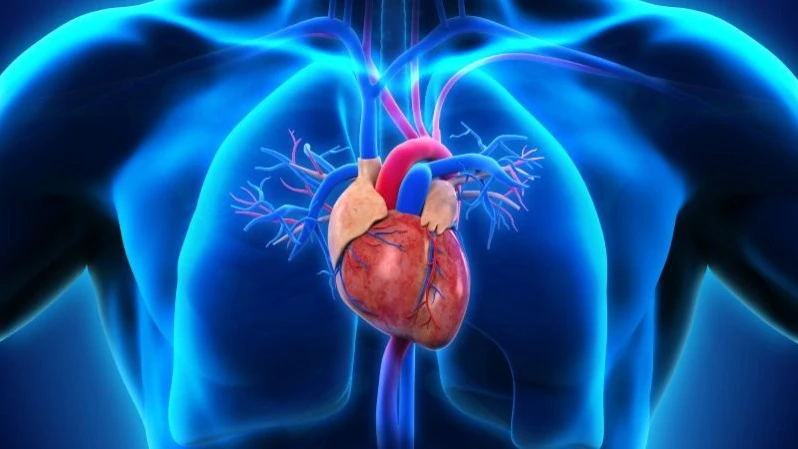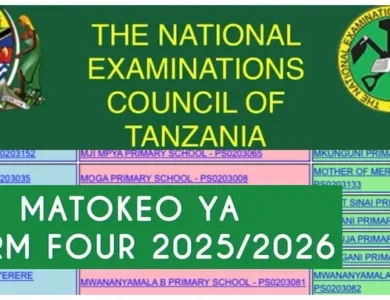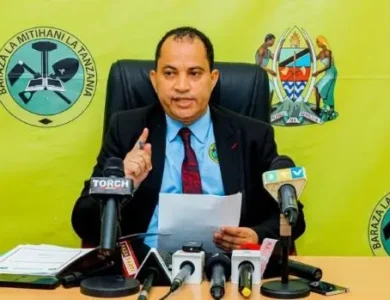Ministry of Water donates 20m/- to JKCI for paediatric heart treatment

THE Ministry of Water has donated 20m/- to the Jakaya Kikwete Cardiac Institute (JKCI) to support treatment of children with various heart conditions.
The donation was presented in Dar es Salaam at the weekend by the Ministry’s Permanent Secretary Mwajuma Waziri to Dr. Angela Muhozya Acting Executive Director of JKCI.
Speaking after handing over the cheque, Waziri said the visit and donation were part of the Water Week celebrations which are held every March.
“We understand the seriousness of heart diseases because we recently lost a colleague who died suddenly in Dodoma. So, when we hear about someone with a heart problem, it touches us deeply,” she said.
She revealed that the Ministry of Water has introduced a health screening programme for its staff at JKCI. The aim is to diagnose heart problems early so that those affected can receive timely treatment.
“We realized that some of our employees are struggling with heart issues. If these are detected early, they can be treated and lives can be saved,” she added.
Eng. Waziri emphasized that the Ministry, through its institutions, will continue to raise funds to support children and adults with heart diseases across the country.
“I have been informed that you are planning to increase the number of cardiologists, which is a very positive step. More specialists will enhance the efficiency of treatment and ensure that patients receive care promptly,” she noted.
Dr. Muhozya expressed gratitude to the ministry for the generous support. She urged other stakeholders to follow suit, stressing that many patients in need of heart treatment come from disadvantaged backgrounds.
“Heart care services have not yet reached many parts of the country and most children needing heart treatment are diagnosed late. That’s why we’ve started outreach programmes to conduct heart screenings and train local health workers to detect heart problems early. This will enable quicker referrals to JKCI,” she said.
She noted that many patients referred from regional health facilities require specialized care, including both minor and major heart surgeries, which are expensive due to the high cost of equipment and medication.
“Treatment is costly, so when stakeholders like you step in to help, it makes a big difference. Many of our patients come from low-income families, and early treatment enables them to recover and resume their normal lives,” she added.
JKCI Cardiologist Dr. Stella Mongella highlighted that a significant number of children are born with heart defects, including congenital issues such as holes in the heart, narrowed arteries, and blocked blood vessels.
She explained that these complications can develop in the womb, especially if the mother suffers from high blood pressure, diabetes, or viral infections during pregnancy.
“In addition to congenital issues, children can develop heart diseases such as enlarged heart. Common symptoms include poor growth, difficulty in breathing, excessive sweating and fatigue. We diagnose about 10 children with heart problems every day at our clinic,” she said.
Dr. Mongella added that around 500 children require heart surgery each year, and the number continues to rise due to increasing demand and the high cost of medical equipment and medication.
Daniel Lazaro, the General Manager of Global Medicare, commended the ministry for its support and commitment.
“When we were approached to support the treatment of children with heart conditions, we responded positively. The information provided by JKCI specialists shows that the challenge is still significant, and the journey is far from over,” he said.
Lazaro called for sustained support, urging stakeholders to continue contributing to ensure that heart treatment services reach all children in need.



